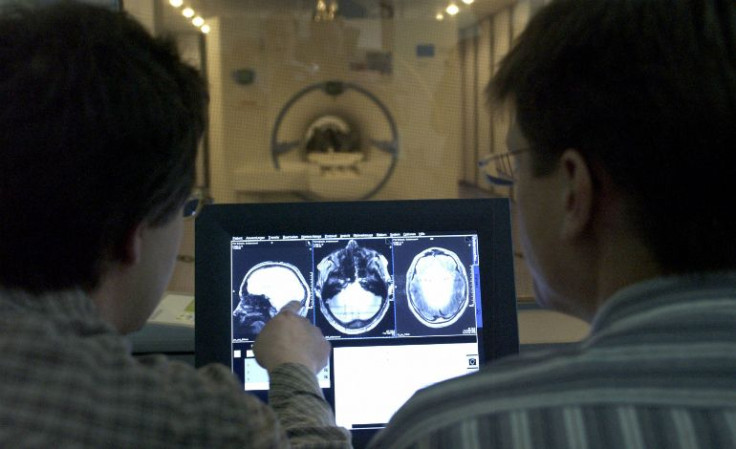
Since the beginning of the time when the novel coronavirus started spreading across the globe, several reports concerning neurological effects and symptoms seen in COVID-19 patients started to surface.
Many patients reported experiencing headaches, delirium and confusion, which the researchers now think could be the result of the virus invading the brain cells.
These are the findings of a new study published on Wednesday, Sept. 9.
Even though the research, led by Yale immunologist Akiko Iwasaki, is still preliminary and it is too early to say but it does indeed provide some important evidence to support what healthcare experts have been suggesting about the prevalence of neurological symptoms in coronavirus-infected patients.
The paper suggests that the virus has the potential to replicate inside the brain. As a result, it deprives the brain cells of oxygen, which leads to starvation. There is some evidence to it, however, the prevalence is not yet clear.
"Understanding whether or not there is direct viral involvement of the brain is extraordinarily important," said S Andrew Josephson, chair of the neurology department at the University of California, San Francisco. He praised the techniques used for the study.
He added that the study should be peer-reviewed before concluding anything further.
It is yet to be figured out whether novel coronavirus can pass the blood-brain barrier, a potential that many other viruses, including the Zika virus, possess.
There have been two theories to justify the presence of neurological symptoms in coronavirus patients. The first theory suggests that it can invade the brain, thus compromising the functioning of the cells directly. The other suggests that the neurological symptoms result due to an abnormal response of the immune system to the viral invasion, leading to a cytokine storm.
In the study conducted on mice, the researchers noticed findings suggesting that cytokine storm may not be responsible for neurological symptoms, even though it is responsible for damage to other organs, such as lungs.
© 2025 Latin Times. All rights reserved. Do not reproduce without permission.




